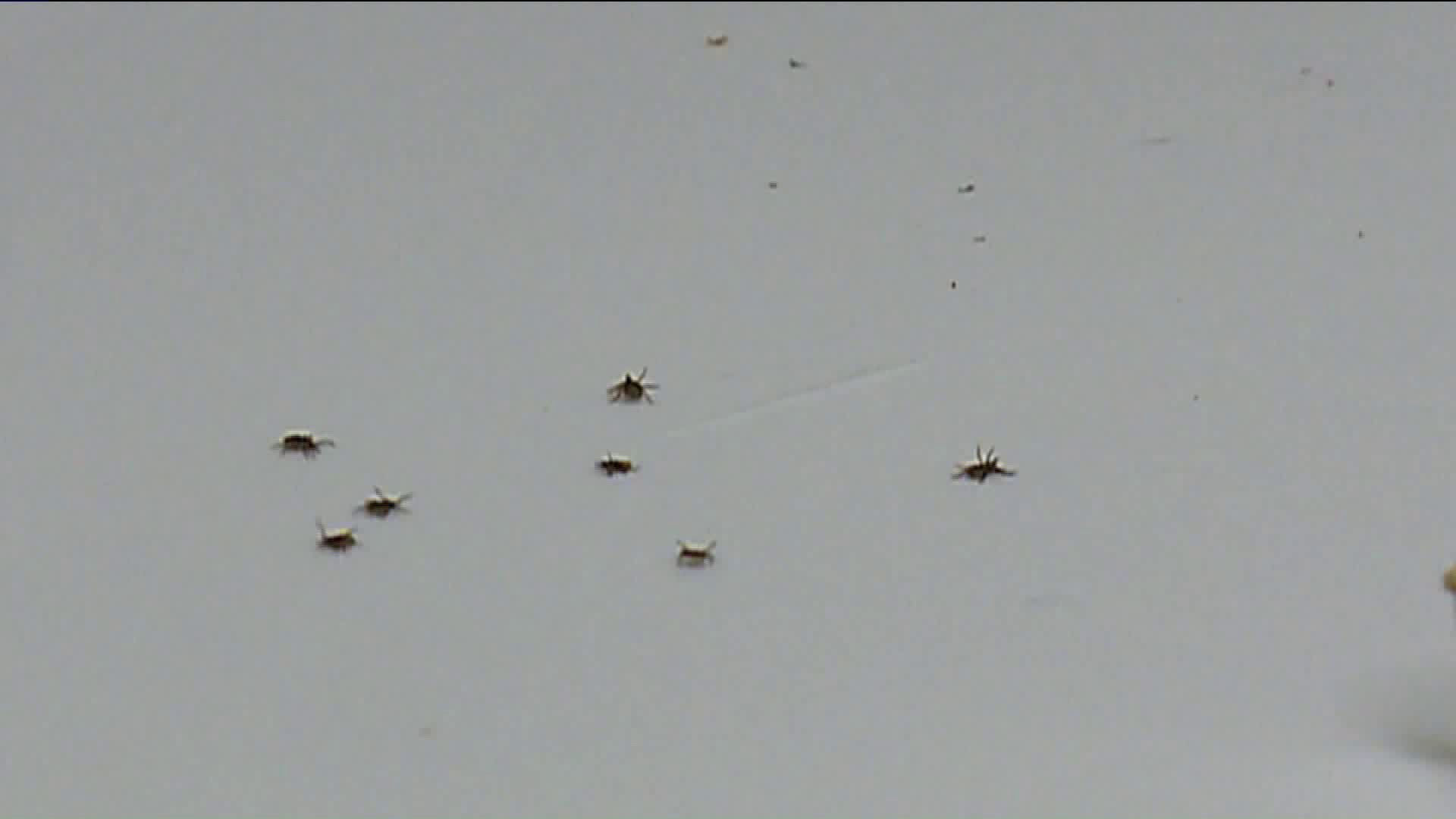NEW MILFORD— Officials say a 55-year-old Connecticut man died after contracting a tick-borne illness.
The state medical examiner’s office says Michael Yoder, of New Milford, died August 8 of liver and kidney failure after contracting babesiosis from a tick bite.
Yoder’s wife, Wendy, tells The News-Times her husband had a stomach bug for weeks, but by the time he was diagnosed it was too late.
Babesiosis is a disease caused by a parasite that gives people flu-like symptoms. In severe cases, the disease can cause anemia that leads to organ failure.
Hospital of Central Connecticut Chief of Medicine Dr. Joseph Garner said patients that have Lyme Disease can often experience a characteristic rash, but that’s not the case with babesiosis.
“Most cases are without symptoms and patients clear the infection on their own having never seen a physician but in certain circumstances patients can become quite ill and occasionally become fatal,” Dr. Garner said. “Particularly in the elderly, those whose immune systems are compromised and anyone who doesn’t have a spleen.”
According to the Connecticut Department of Public Health, Babesiosis has been present in the state for about 20 years. There has been a spike in reported cases since 2011.
In 2011, the DPH reported 52 cases of the tick borne disease. In 2015 there were 286 cases and last year, the department reported 238 confirmed and 68 probable cases of babesiosis.
Most infections are acquired from infected deer ticks, according to the DPH, however, there have been reported cases of infections from blood transfusions from an infected donor.
Still, fatal cases remain low with one death reported in 2015 and in 2016. None were reported in 2014.
Dr. Garner said tick-borne illnesses are preventable.
“It's always prudent to take tick protection if you can,” he said. “Wear long sleeves, long pants, light color clothing so you can easily see ticks on the outside, have a family member or friend check you after you've been out in the woods to try to avoid any ticks becoming attached.”
He said ticks are mostly found in the spring and summer, and then start to taper off in the fall.
**Associated Press contributed to this story**

